For some women, a pregnancy doesn’t seem real until they learn the sex of the baby and start to feel the baby kick and move. The timing of these experiences can vary among women, with ranges for determining the sex of the baby and feeling the baby’s movements for the first time.
Feeling the Baby Move
Pregnant women feel their baby’s kicks and movements at different times during pregnancy. For most women, the first movements, known as “quickening,” are felt between 18 and 22 weeks. If this is not your first pregnancy, you may feel your baby move and/or kick earlier than 22 weeks.
As the pregnancy progresses, it’s important for the mother to stay in tune with the baby’s movements and be alert if there is a time when the baby stops moving or kicking. Regularly tracking the baby’s movements can provide reassurance and help identify any potential concerns early on.
Determining the Baby’s Sex
For most women, the gender of the baby is determined during the anatomy ultrasound, which is usually performed between 18 and 24 weeks of pregnancy. Ultrasound technicians are trained to examine the genitalia of the fetus to determine gender. These ultrasounds are a routine part of prenatal care.
There are also other diagnostic tools available to determine the gender of an unborn child before 18 weeks. Some women opt for a blood test done between 11 and 14 weeks. Blood tests are approximately accurate in predicting the baby’s sex by measuring the amount of certain markers in the blood.
Gender identity during pregnancy is also possible through a procedure known as CVS (Chorionic Villus Sampling), a test primarily used to detect genetic disorders. This test can also provide information about the baby’s gender.
Early Signs and Symptoms of Pregnancy
Before you start feeling the baby move or learn the baby’s sex, there are early signs and symptoms of pregnancy to be aware of, including missed periods, nausea, fatigue, and breast tenderness. These symptoms can vary in intensity and duration among women.
Importance of Prenatal Care
Regular prenatal care is crucial for monitoring the health and development of both the mother and the baby. Prenatal visits typically include ultrasounds, blood tests, and discussions about the mother’s health and any concerns. Staying informed and attending all scheduled appointments can help ensure a healthy pregnancy.
Understanding when you might feel your baby move and learn their sex can help make the pregnancy feel more real and exciting. Each pregnancy is unique, and these milestones can vary. It’s always best to consult with your healthcare provider for personalized information and guidance during your pregnancy journey. Regular prenatal care and being attentive to your baby’s movements can contribute to a healthy and positive pregnancy experience.
Contact A Child’s Hope
This guide, provided by A Child’s Hope adoption agency in North Carolina, emphasizes the importance of early detection and proper prenatal care for both maternal and infant health. If you suspect you might be pregnant, don’t hesitate to take a test and seek medical advice, or contact the agency for personalized care and support. TEXT PREGNANT to 919-971-4396, we are happy to talk to you confidentially.
About E. Parker Herring
About E. Parker Herring: An attorney and mother of three children, Parker has a deep respect and understanding of family law and the adoption process (for which she’s adopted two children of her own). She is the founder and director of A Child’s Hope, a North Carolina licensed adoption agency located in Raleigh that focuses on matching birth mothers and families looking to adopt. A Child’s Hope has placed 470 children since 2000 and is the only North Carolina domestic adoption agency directed by an attorney. For a confidential adoption counselor, TEXT PREGNANT to 919-971-4396.
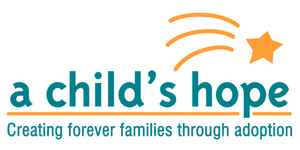
 Taking advantage of tax credits can greatly reduce adoption expenses, even after you have your baby. Changes to the law allow the credit to adjust each year based on the fed’s cost-of-living calculation for the year of adoption finalization.
Taking advantage of tax credits can greatly reduce adoption expenses, even after you have your baby. Changes to the law allow the credit to adjust each year based on the fed’s cost-of-living calculation for the year of adoption finalization.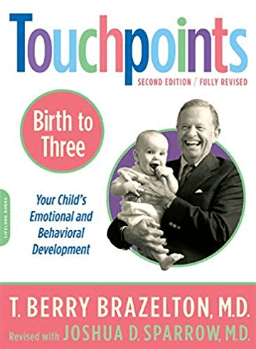
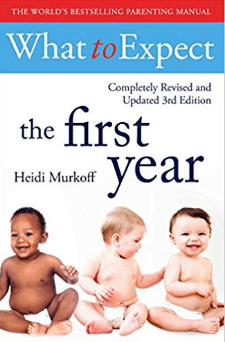
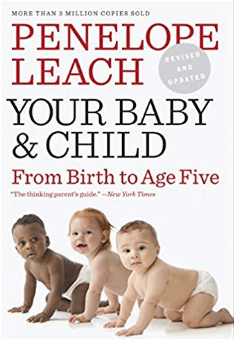
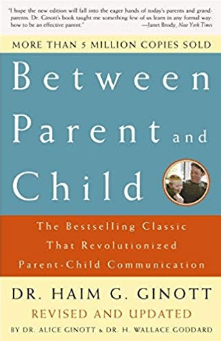
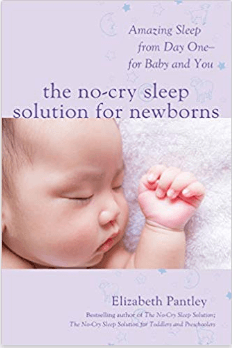

 The holidays are full of emotions, even more so when experiencing an unplanned pregnancy. Friends and family that you may not have seen in a while may have questions or well-meaning advice. Preparing yourself ahead of time can help relieve some of the stress during these encounters.
The holidays are full of emotions, even more so when experiencing an unplanned pregnancy. Friends and family that you may not have seen in a while may have questions or well-meaning advice. Preparing yourself ahead of time can help relieve some of the stress during these encounters.
 A last-minute call from the agency is where this story starts back on Easter weekend 2000. Her parents, Brian and Karen Perry received a call about a newborn Hispanic girl at the hospital needing a home. The couple quickly left the beach where they were spending the holiday weekend to begin their journey to become parents without much information. As the couple arrived, the birthmother was waiting at the hospital with her baby girl. At that time, there was no Spanish-speaking hospital liaison to help with communication. It was challenging during such an emotional time.
A last-minute call from the agency is where this story starts back on Easter weekend 2000. Her parents, Brian and Karen Perry received a call about a newborn Hispanic girl at the hospital needing a home. The couple quickly left the beach where they were spending the holiday weekend to begin their journey to become parents without much information. As the couple arrived, the birthmother was waiting at the hospital with her baby girl. At that time, there was no Spanish-speaking hospital liaison to help with communication. It was challenging during such an emotional time. “I will never forget the look on her mother’s face when we dressed baby Allyson on the bed and left the room with her,” said Karen Perry, who is an OBGYN nurse at a major medical center. Placing a baby for adoption in 2000 for the most part meant a closed adoption. Open adoption was not common then, and information such as phone numbers and addresses were not exchanged. Thinking back, cell service and Wi-Fi were not always available in public places.
“I will never forget the look on her mother’s face when we dressed baby Allyson on the bed and left the room with her,” said Karen Perry, who is an OBGYN nurse at a major medical center. Placing a baby for adoption in 2000 for the most part meant a closed adoption. Open adoption was not common then, and information such as phone numbers and addresses were not exchanged. Thinking back, cell service and Wi-Fi were not always available in public places. By E. Parker Herring
By E. Parker Herring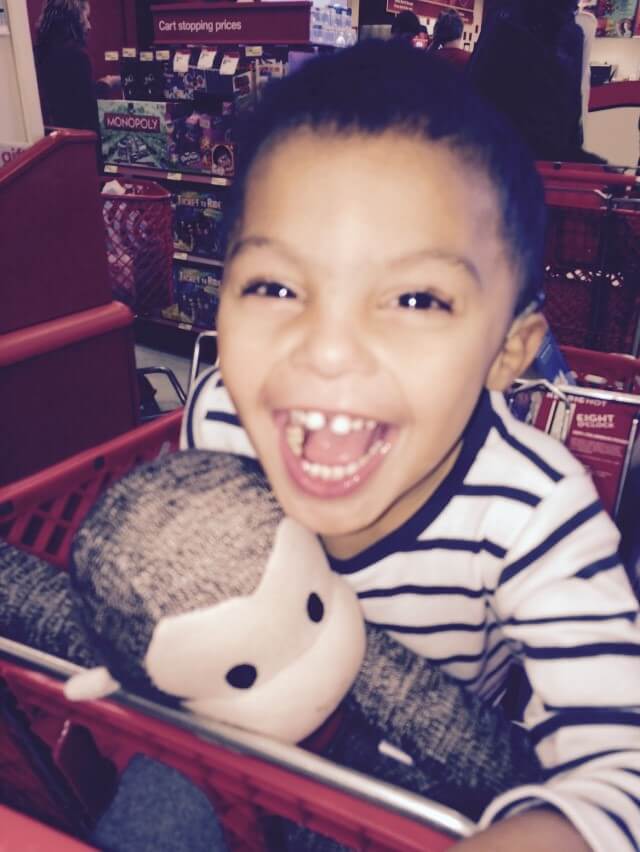 At one point, physicians told Marcy and Phillip that Hudson would, most likely, never walk, talk or even hear speech. Nevertheless, today Hudson is walking. He can hear and understand what is said to him. Albeit slow, he is developing verbal skills. Hudson is a loving, sweet child. The journey has been difficult at times. Marcy says what is most special about Hudson is his personality.
At one point, physicians told Marcy and Phillip that Hudson would, most likely, never walk, talk or even hear speech. Nevertheless, today Hudson is walking. He can hear and understand what is said to him. Albeit slow, he is developing verbal skills. Hudson is a loving, sweet child. The journey has been difficult at times. Marcy says what is most special about Hudson is his personality. Parker Herring is a Board-Certified Family Law Attorney and Director of the NC-based adoption agency, A Childs Hope. In this blog, she shares a powerful story about how a special child can be the greatest blessing.
Parker Herring is a Board-Certified Family Law Attorney and Director of the NC-based adoption agency, A Childs Hope. In this blog, she shares a powerful story about how a special child can be the greatest blessing.